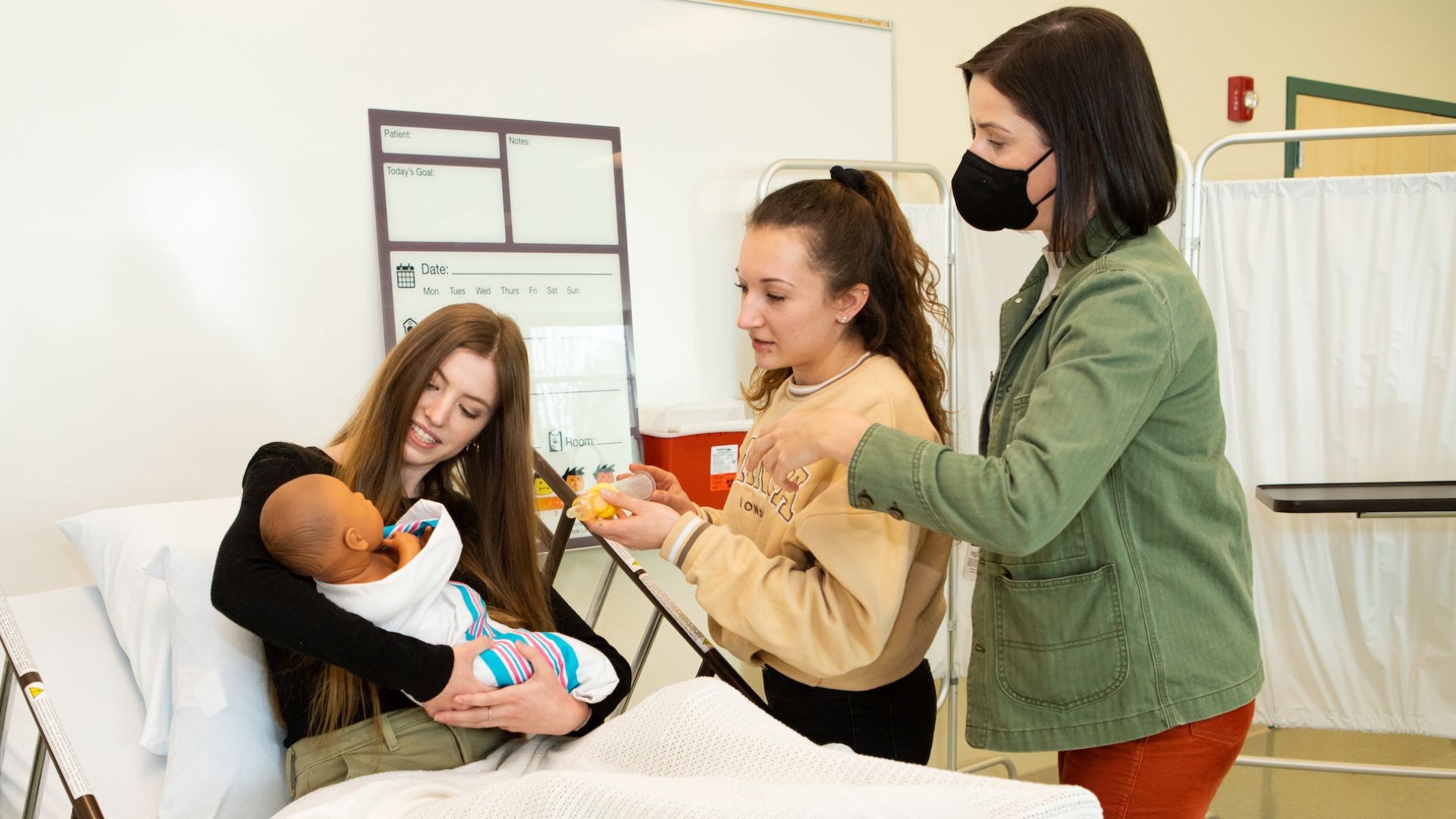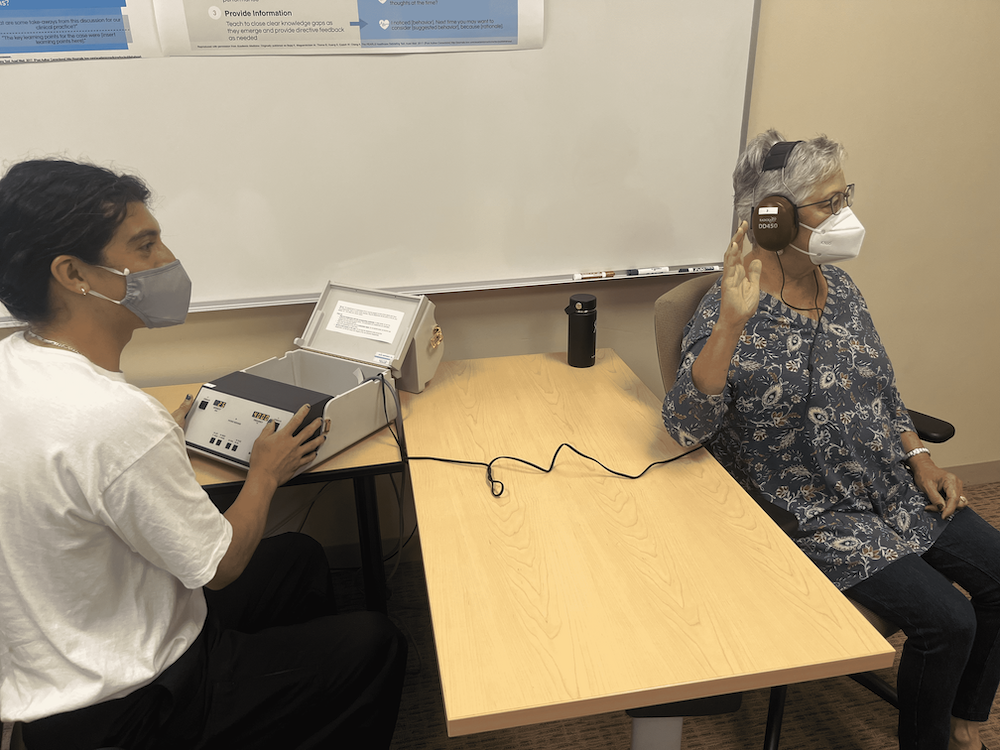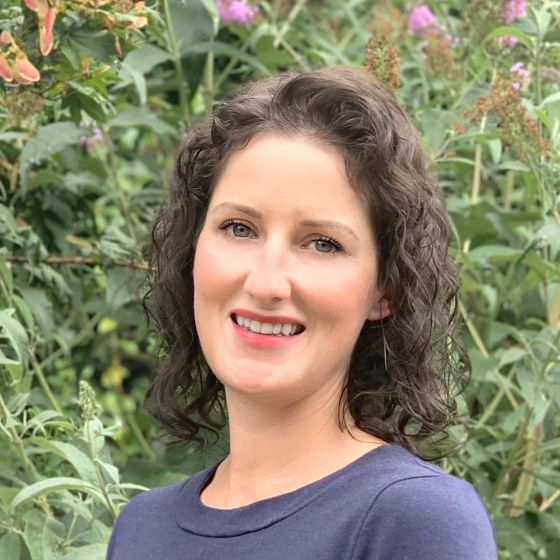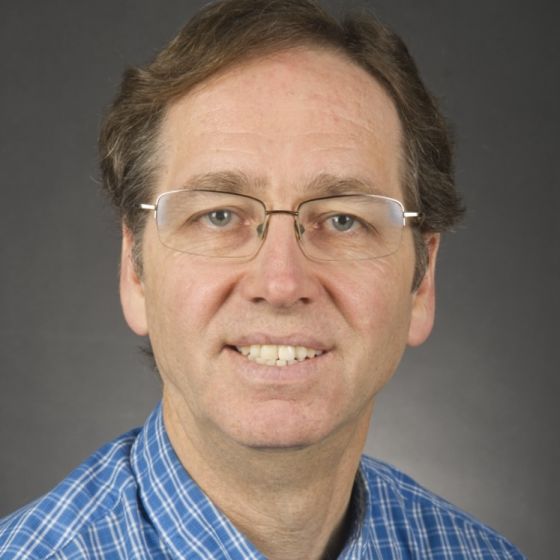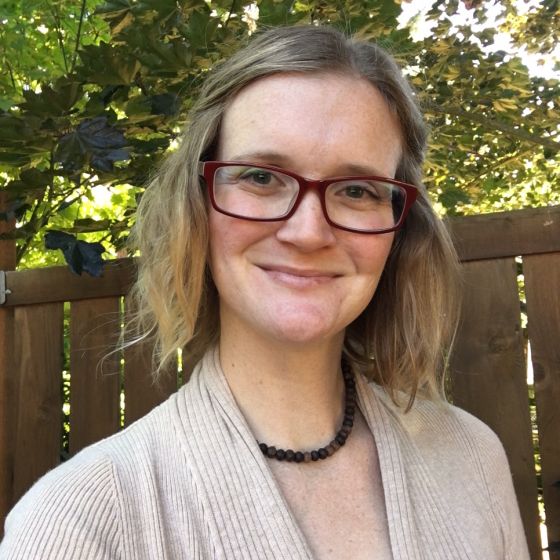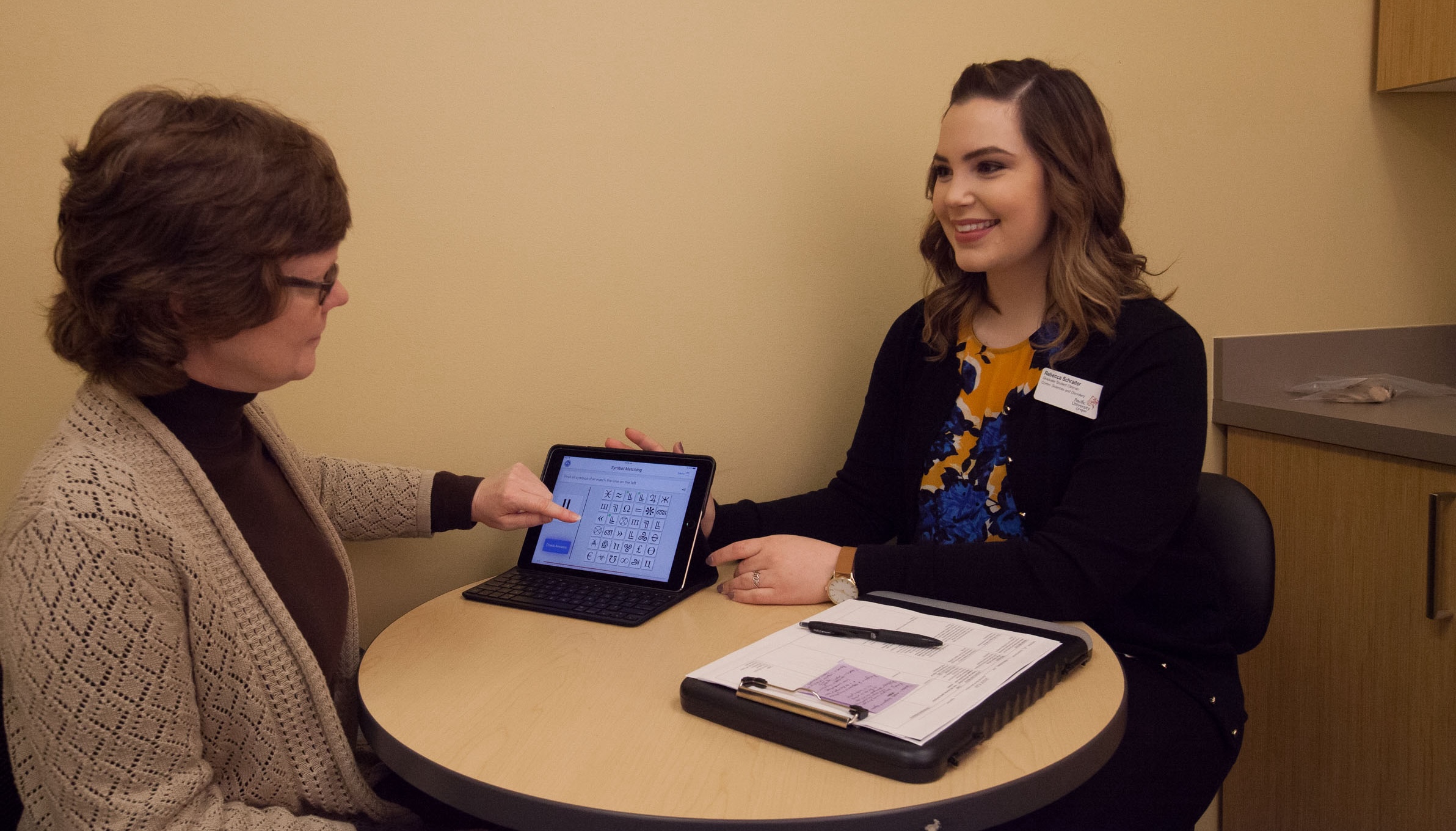
Gain hands-on experience in a variety of sites through a community-based model of clinical education.
Most students gain experience in at least seven distinct sites. You'll work in the community and build relationships with future colleagues. Through partnerships with local organizations, student clinicians and clinical supervisors serve individuals who might not otherwise have access to Speech-Language Pathology (SLP) services.
